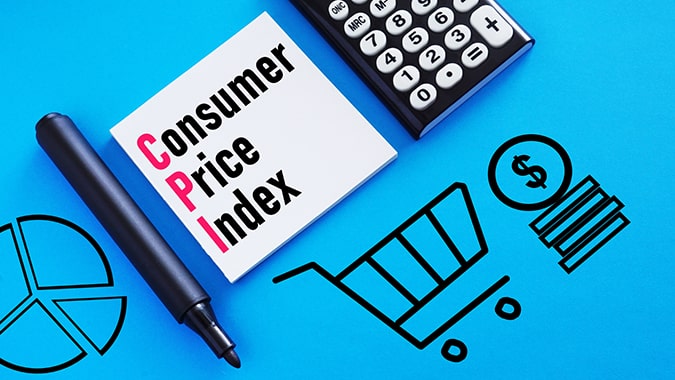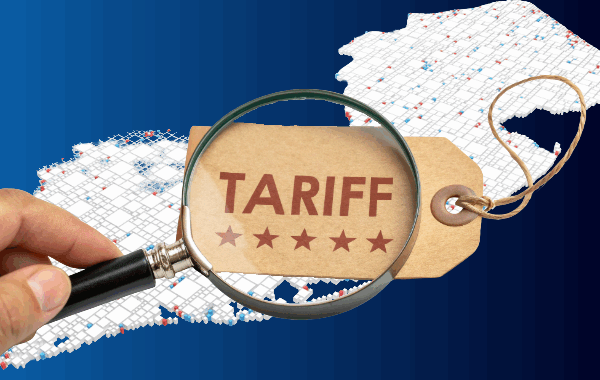Inflation slowed in July with consumer prices rising just 2.9% compared to a year earlier – the first time the 12-month Consumer Price Index increase has been under 3% since March 2021, the U.S. Bureau of Labor Statistics said Wednesday.
The milestone increases the likelihood the Federal Reserve Board will follow through next month with an expected interest rate cut. The Fed has been keeping interest rates at their highest level in more than two decades to slow the economy and cool inflation.
Viewed on a monthly basis, prices increased 0.2% in July after declining 0.1% in June. Stubbornly high housing costs (+0.4%) were to blame for 90% of the monthly all-items increase in July, the BLS said. The energy index was unchanged over the month after declining in both June and May. The food index increased 0.2% in July, as it did in June.
The core index excluding more volatile food and energy prices, rose 0.2% for the month of July after rising 0.1% in June. The core index showed higher costs for shelter, motor vehicle insurance, furnishings, education, recreation, and personal care. The indexes for used cars and trucks, medical care, airline fares, and apparel decreased over the month.
Viewed on an annual basis, the core index (excluding food and energy) rose 3.2% over 12 months. The shelter index has increased 5.1% over the last year, accounting for over 70% of the total 12-month increase in the all-items less food and energy index.
Other indexes with notable increases over the same 12-month period ending in July include motor vehicle insurance (+18.6%), motor vehicle maintenance and repair (+4.6%), medical care (+3.3%), personal care (+3.4%) and recreation (+1.4%). Decreases over the same 12-month period include used car and truck prices (-10.9%), airline fares (-2.8%) and gasoline (-2.2%).
The Stock Market opened higher Wednesday as investors reacted favorably to the encouraging July inflation data.




